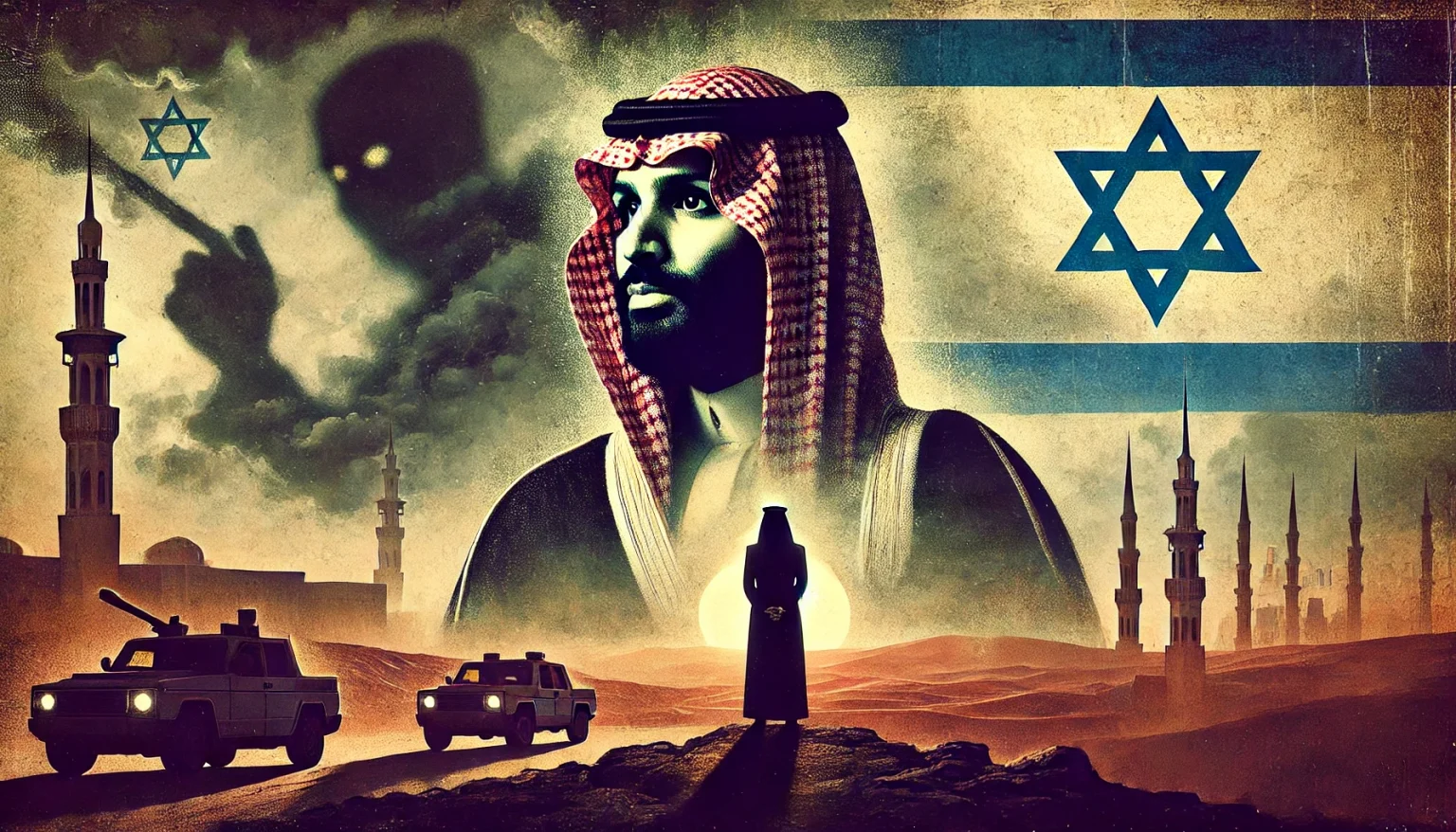Saudi Crown Prince Mohammed bin Salman reportedly harbors deep concerns over his safety due to potential backlash from the Saudi population and beyond regarding normalization talks with Israel. This revelation comes amidst increasing speculation over the Kingdom’s evolving stance toward Israel, marking a significant shift in Middle Eastern geopolitics.
In recent months, there has been growing speculation about the possibility of Saudi Arabia normalizing relations with Israel, following similar steps taken by other Arab nations under the Abraham Accords. However, the Kingdom’s de facto ruler, Saudi Crown Prince Mohammed bin Salman (MBS), is reportedly apprehensive about the personal risks involved. According to sources, MBS fears that advancing towards normalization with Israel could make him a target for assassination by extremist elements or disgruntled factions within Saudi Arabia.
The Crown Prince’s concerns are not unfounded, as Saudi Arabia has long been a vocal supporter of the Palestinian cause, and any move towards formal ties with Israel would likely be met with significant opposition, both domestically and across the Muslim world. The Saudi leadership is reportedly weighing the benefits of improved relations with Israel, particularly in terms of economic and security cooperation, against the potential fallout from such a historic policy shift.
The concern over assassination risks reflects the broader challenges MBS faces as he navigates Saudi Arabia’s path towards modernization and potential alignment with Israel. Unlike other Gulf nations that have normalized ties with Israel, Saudi Arabia holds a unique position due to its influence in the Muslim world and its role as the custodian of the two holiest sites in Islam. This makes any move towards normalization particularly sensitive.
Furthermore, the Crown Prince’s fears highlight the precarious balance he must maintain between advancing his vision for a modern, economically diverse Saudi Arabia, as seen in the Vision 2030 plan, and preserving the traditionalist and conservative elements that still hold significant sway in the Kingdom.
A Middle Eastern analyst commented, “The Crown Prince’s apprehension underscores the delicate tightrope he is walking—between modernizing Saudi Arabia and maintaining its traditionalist roots. Normalizing ties with Israel could be a game-changer, but it comes with substantial risks.”
- Saudi Arabia has not officially recognized Israel since the latter’s founding in 1948, making any move towards normalization a historic shift.
- The Abraham Accords, which saw UAE, Bahrain, Morocco, and Sudan normalize relations with Israel, have already sparked significant controversy across the Arab world.
- Saudi Arabia’s Vision 2030 plan aims to reduce the Kingdom’s dependency on oil, with significant economic reforms and international partnerships, which could be bolstered by formal ties with Israel.
The Saudi Crown Prince fears of assassination due to potential normalization with Israel highlight the complex dynamics at play in the Middle East. As MBS navigates the Kingdom’s future, he must carefully balance the pursuit of modernization and international partnerships with the deeply rooted conservative values of his nation. The outcome of these considerations could have lasting impacts on the region’s geopolitical landscape.


